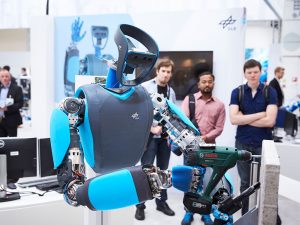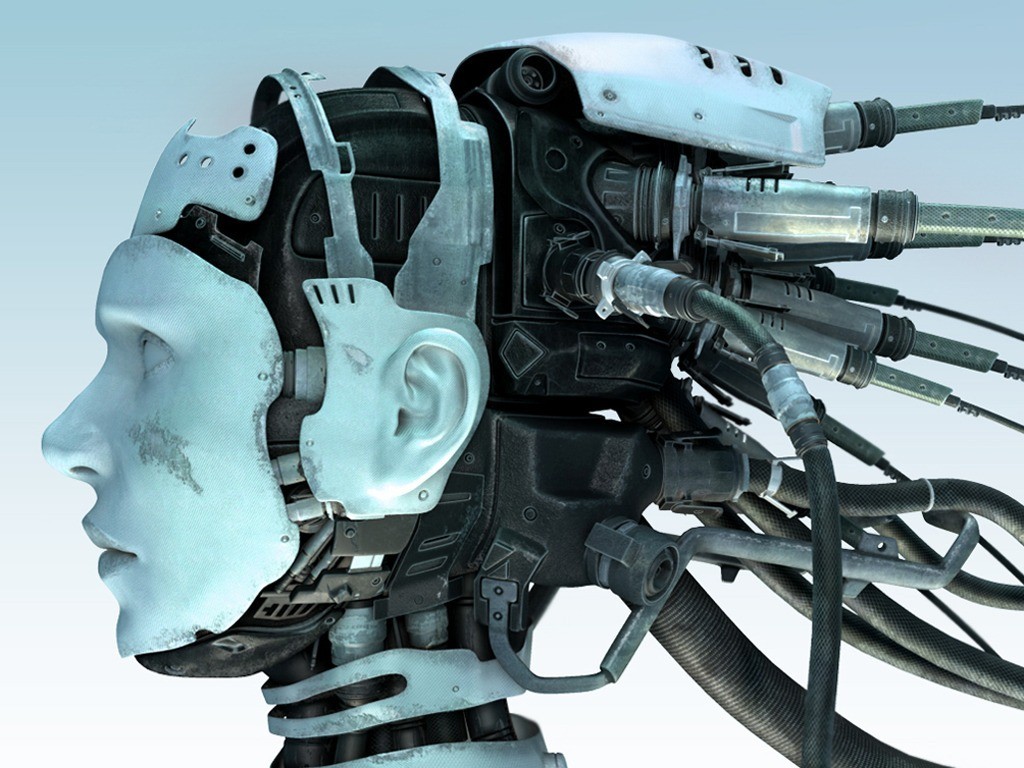 All throughout the 20th century and today, well into the 21st century, we have been fascinated by robots. Numerous novels have been written on the topic and a multitude of films have been made. Some of them depict a utopian future where robots work alongside humans to make our lives better and help us with our jobs. Others, on the other hand, depict a much different future where robots become our overlords and we end up having little say regarding our destiny. However, what we all want to know is when it is realistic to expect either of the two outcomes to become a reality.
All throughout the 20th century and today, well into the 21st century, we have been fascinated by robots. Numerous novels have been written on the topic and a multitude of films have been made. Some of them depict a utopian future where robots work alongside humans to make our lives better and help us with our jobs. Others, on the other hand, depict a much different future where robots become our overlords and we end up having little say regarding our destiny. However, what we all want to know is when it is realistic to expect either of the two outcomes to become a reality.
Technology has already come a long way. Humans have for a long time had the idea of mobile robots that would do our shopping, make our lunch, and serve as our butlers. However, ever since the 1950’s and until the end of the 20th century, the reality was different. Robots were static and could complete only a predetermined set of actions with little or no variations. Think of toasters, production lines, scheduled recorders, spaceships, and so much more. Today, however, we are much closer to that dream. Robots nowadays, even though not completely humanoid, are becoming more and more anthropomorphized. Two such robots, Kuri and Aido, are designed to serve as an extension of smart houses, as assistants and protectors. However, they are still far away from walking among us and asking for equal rights.
Time-wise, predictions are optimistic. Leading scientists and experts on the matter believe that we are not far from having fully functional robots in our lives. As a matter of fact, some optimistic opinions predict that by 2040, it will become a standard that all well-off households have a robot in their homes. Other less optimistic opinions argue that those predictions are unrealistic and that we will not see fully functional robots in our homes at least until the mid-2050’s. Regardless of which prediction turns out to be true, the general consensus is that we are on a good path towards that goal.
Our robotic helpers will be able to do more than simple chores. Coming back home from a grueling day at work to a fully cooked and served meal and a pristinely clean home sounds amazing. However, we might be modest in thinking of that as the climax of future robots’ abilities. On the contrary, we should view them as an extension of ourselves. Imagine having a robot doing your business meeting across the ocean and then doing shopping for you in Paris. You could control it from the comfort of your house and provide audio input to negotiate or haggle.
Right now, technology is focused on bringing the world to you. We can see that if we look at the TV, radio, the internet, phones, and so on. However, if the trend continues, robots will be more likely to bring you to the world, pretty much instantaneously.


